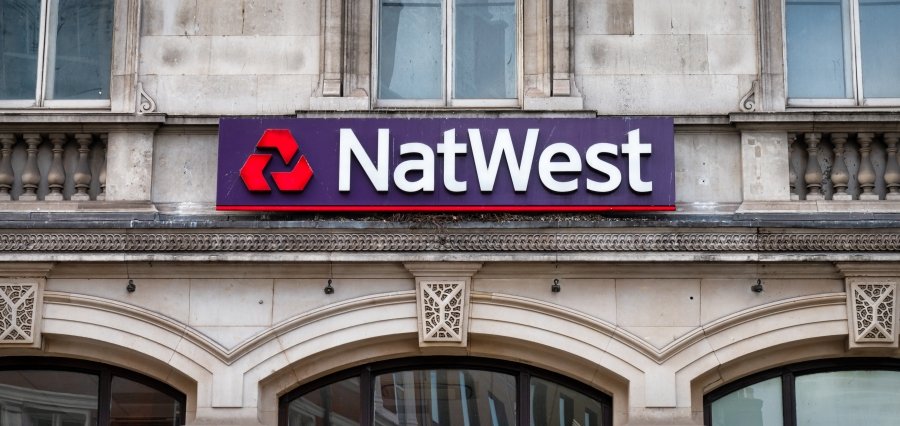The construction industry, a cornerstone of the global economy, has long been characterized by its fragmentation and the complexity of its operations. Various stakeholders, including architects, engineers, contractors, and suppliers, often find themselves working in silos, grappling with disparate systems and data formats. This fragmentation not only hampers efficiency but also elevates costs and project timelines, while undermining safety and quality. The advent of a Unified API (Application Programming Interface) for the construction industry promises to be a game-changer, offering a cohesive framework for integrating diverse software tools and platforms, thereby streamlining processes, enhancing collaboration, and driving innovation.
Bridging the Digital Divide
At the heart of the Unified API initiative is the goal to bridge the digital divide within the construction sector. With numerous specialized software applications being used for different phases of construction projects—from design and planning to execution and management—the lack of interoperability between these tools has been a significant hurdle. A Unified API acts as a digital bridge, enabling seamless data exchange and communication between these disparate systems. This interoperability fosters a more collaborative and cohesive work environment, where real-time data sharing and coordination become the norm, not the exception.
Enhancing Efficiency and Reducing Costs
The implementation of a Unified API can lead to substantial improvements in operational efficiency. By facilitating smooth data flow between software applications, it reduces the need for manual data entry, minimizes errors, and saves valuable time. This streamlined workflow not only accelerates project timelines but also significantly reduces project costs. Moreover, with enhanced data accuracy and accessibility, decision-making becomes more informed and strategic, further driving cost efficiencies and project success.
Driving Innovation and Sustainability
The construction industry is at the cusp of a technological revolution, with emerging technologies like AI, IoT, and blockchain poised to redefine traditional practices. A Unified API serves as the foundational infrastructure that enables the integration of these advanced technologies into the construction ecosystem. This integration not only fosters innovation but also paves the way for more sustainable construction practices. For instance, by leveraging real-time data from IoT devices, construction projects can optimize resource utilization, reduce waste, and minimize environmental impact, contributing to the global sustainability goals.
Challenges and Considerations
While the benefits of a Unified API are manifold, its implementation is not without challenges. One of the primary concerns is data security and privacy, given the sensitive nature of the information exchanged. Ensuring robust security protocols and compliance with data protection regulations is paramount. Additionally, achieving widespread adoption requires addressing the resistance to change that is prevalent in some quarters of the industry. This necessitates concerted efforts in education and demonstrating the tangible benefits of a Unified API to all stakeholders.
The Road Ahead
The journey towards a fully integrated construction industry is an ambitious one, but the potential rewards are significant. The Unified API stands as a beacon of progress, promising to usher in an era of greater efficiency, collaboration, and innovation. As the industry moves forward, it is crucial for stakeholders to come together, embracing this digital transformation with an open mind and a commitment to change. The future of construction is not just about building structures; it’s about building smarter, faster, and more sustainably. The Unified API is a key step on this transformative journey, marking the dawn of a new era in construction.
In conclusion, the Unified API for the construction industry represents a paradigm shift towards a more integrated, efficient, and innovative future. By overcoming the traditional barriers of fragmentation and siloed operations, it offers a pathway to not just incremental improvements but a fundamental transformation of the construction landscape. As the industry embraces this digital evolution, the Unified API stands as a testament to the power of collaboration and technology in building the foundations of the future.










